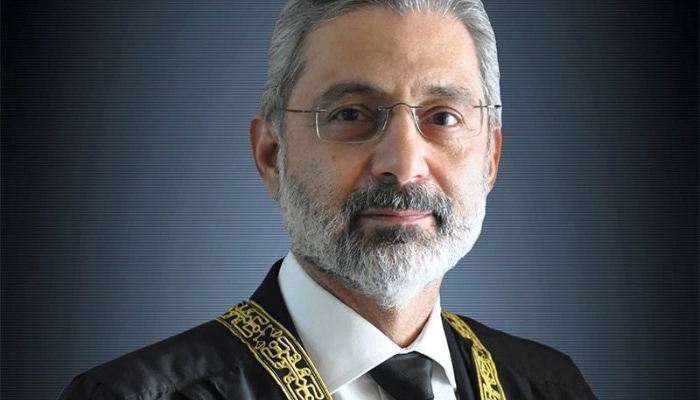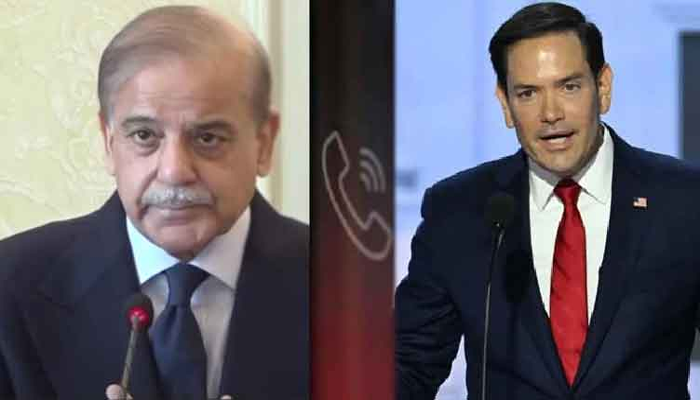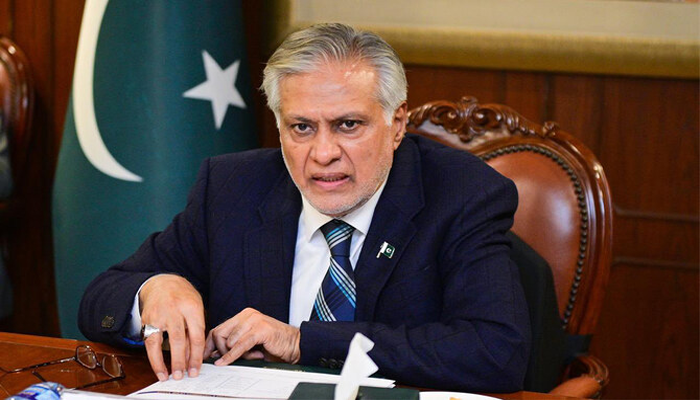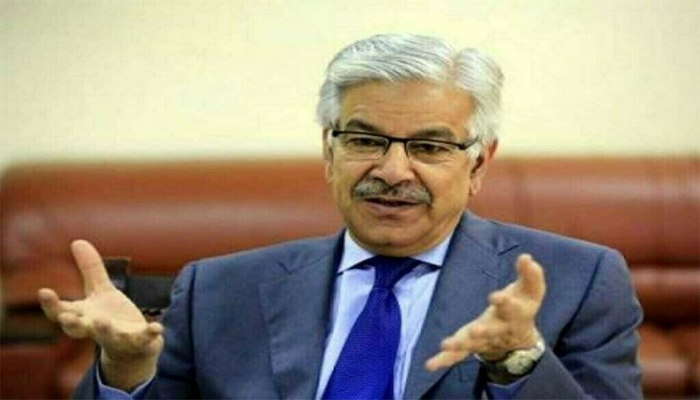The newly appointed Chief Justice of Pakistan (CJP), Qazi Faez Isa, has taken a historic step by forming a full court to hear petitions against the Supreme Court (Practice and Procedure) Act, 2023. This law seeks to limit the CJP's power, but Isa has also allowed the proceedings to be televised live.
Before the hearing began, Isa sought the opinion of the other SC judges on whether to broadcast the proceedings live. According to sources, a majority of the judges approved the idea, but some were reluctant to be under the media spotlight.
The full court hearing is significant for several reasons. First, all of the members of the full court were appointed after the 2007 lawyers' movement, which aimed to restore the independence of the judiciary. The apex court had removed more than 100 judges in 2009, but the full court is now composed of judges who are committed to judicial independence.
Second, the last time a full court convened was to hear Justice Isa's petition against a presidential reference seeking his removal. The bench had set aside the reference with a majority vote. This shows that the full court is willing to stand up against political pressure.
Third, lawyers generally appreciate CJP Isa for publicly acknowledging the misuse of public interest jurisdiction under Article 184 of the Constitution. This shows that he is committed to transparency and accountability.
During the hearing, Justice Isa also referred to the Supreme Court's 2013 verdict in the Reko Diq case, which voided a mining agreement between the Balochistan government and a foreign company. The company later moved an international tribunal, which awarded a $6.5 billion penalty against Pakistan. Justice Isa termed the Reko Diq ruling a "Himalayan mistake." This shows that he is not afraid to criticize the Supreme Court's past decisions.
In conclusion, CJP Isa's decision to form a full court and allow live telecast of the proceedings is a significant step towards promoting judicial independence and transparency. He may also be the first CJP to be willing to share his discretionary powers with two other judges, as prescribed by the Supreme Court (Practice and Procedure) Act, 2023.









